Religious equality and school choice scored a victory at the Supreme Court on Tuesday, as justices ruled in Carson v. Makin that excluding faith-based schools from a state’s private school voucher program “violates the Free Exercise Clause of the First Amendment.” The court’s conservative-leaning bloc ruled 6-3 that state officials cannot restrict parents’ use of state funds to secular schools.
“The [s]tate pays tuition for certain students at private schools — so long as the schools are not religious. That is discrimination against religion,” wrote Chief Justice John Roberts in the majority opinion.
Fewer than half of all school districts in Maine, the nation’s most rural state with 68% of its schools in rural areas, have established public high schools. Parents in remote areas may use vouchers provided by Maine’s Town Tuitioning Program, created in 1873, at the private school of their choice. But since 1981, the state has denied funds to “sectarian” (religious) schools.
“For 40 years, Maine’s law has unconstitutionally discriminated against parents regarding private schools based on religion. That discrimination ends today,” said Mat Staver, founder of Liberty Counsel.
In 2018, Christian families sued for the right to send their children to evangelical schools that reflect their deepest-held beliefs. Due to the state’s insistence on a secular education, Troy and Angela Nelson could only afford to send one of their two children to Temple Academy in Waterville. Dave and Amy Carson wanted to use a voucher to send their daughter, Olivia, to Bangor Christian Schools. Instead, they had to pay her tuition without any assistance until she graduated in 2021.
Your tax-deductible gift helps our journalists report the truth and hold Christian leaders and organizations accountable. Give a gift of $30 or more to The Roys Report this month, and you will receive a copy of “Hurt and Healed by the Church” by Ryan George. To donate, click here.
“We are overjoyed that today’s decision will allow Maine families to choose the school that is best for their child,” said Amy Carson. “We always knew that we would be unlikely to benefit from a victory but felt strongly that Maine’s discrimination against religious schools and the families who choose them violated the Constitution and needed to end.”
The justices agreed that any program given to all people must be available to people of faith. “Maine’s ‘nonsectarian’ requirement for its otherwise generally available tuition assistance payments violates the Free Exercise Clause of the First Amendment,” wrote Roberts. “The program operates to identify and exclude otherwise eligible schools on the basis of their religious exercise.”
The reasoning follows a previous Supreme Court ruling that held a “[s]tate need not subsidize private education. But once a [s]tate decides to do so, it cannot disqualify some private schools solely because they are religious” (Espinoza v. Montana Department of Revenue, 2020). In 2002, the Supreme Court upheld Cleveland’s school choice program in Zelman v. Simmons-Harris, even though 96% of parents chose to send their children to religious schools. Since the state funds parents, whose choice allows the money to flow to Christian schools, the program does not violate the First Amendment, they ruled.
Attorneys for the state of Maine acknowledged these precedents but argued their law did not discriminate against Christian schools based on their religious “status” but their religious “use.” They said religious schools could receive state funds, as long as they did not teach specifically Christian precepts — a distinction justices found unpersuasive.
“Parents’ fundamental right to direct the education of their children is honored in this ruling. A recent FRC Action survey found significant margins of support for school choice and religious freedom. The Carson v. Makin decision demonstrates that in this area of law, the will of the people and constitutional protections are in harmony,” Meg Kilgannon, senior fellow for education studies at Family Research Council, told The Washington Stand.
Constitutionalists, religious rights advocates, and school choice supporters praised this morning’s decision. “Parents in Maine, and all over the country, can now choose the best education for their kids without fearing retribution from the government,” said Kelly Shackelford, president of First Liberty Institute.
According to Bill Donohue of The Catholic League, the Carson v. Makin decision may cause shrewd politicians to enact new school choice programs, which are heavily supported by black and Hispanic voters. “While the Maine decision may not have direct application to them, it will surely inspire school-choice activists and lawmakers to craft new school-choice initiatives that will,” he said.
This article originally appeared at The Washington Stand and has been reprinted with permission.
Ben Johnson is senior reporter and editor at The Washington Stand.




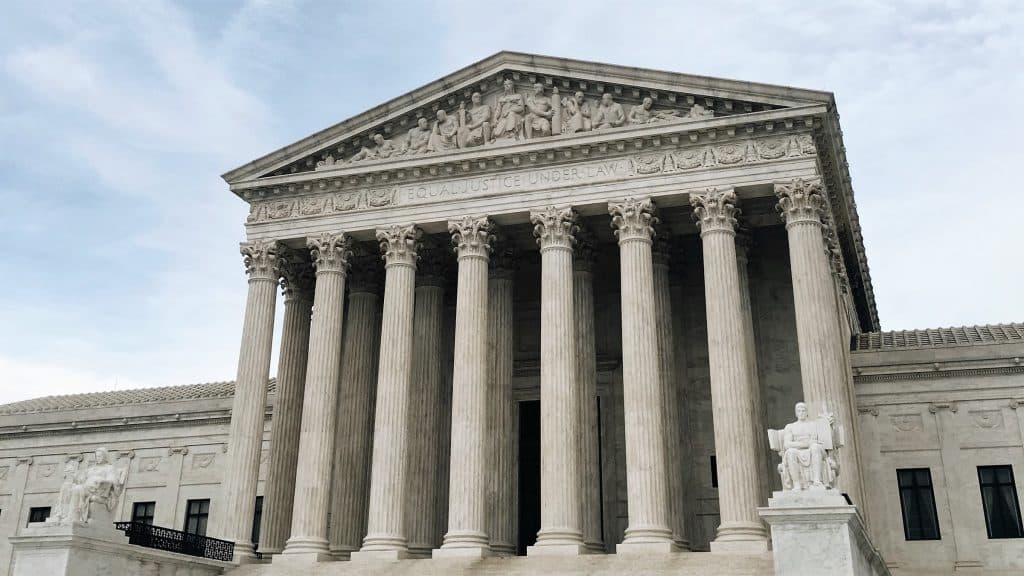
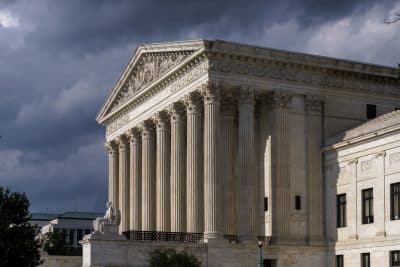
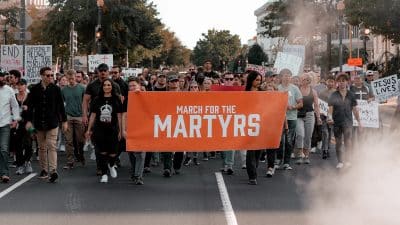
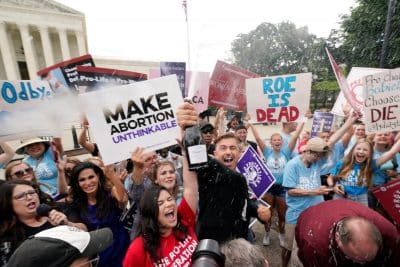




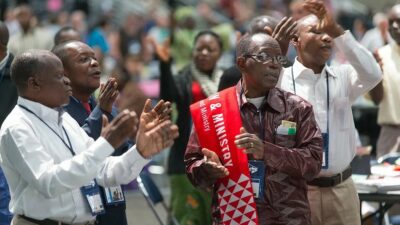
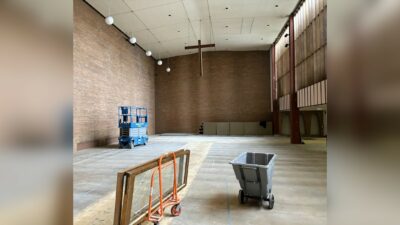






2 Responses
I think people have made this decision sound less than a practical one and more ideological. I grew up in Maine, there are large areas that only have a single religious private school nearby and no public school. For even more context, in some CITIES everyone attends a Catholic School because there is no local high school. The state has been paying tuition to some of these schools for quite a while, but not to others, especially when there are other local options. If this decision went the other way instead, and then had to be enforced across the board for all religious schools in Maine, a lot of kids wouldn’t be able to afford their only local option for an education. By ruling in favor of private “sectarian” schools, kids who have been able to benefit from the vouchers and live in areas where there is no other option can continue to do so. In a lot of ways, this is just a necessary decision in a state that isn’t intent on building more schools.
I think people are making this sound like something less or more than a mostly practical decision. I grew up in Maine, and there are a lot of places that have one religious private school nearby and no public school or alternative private option. And not just in rural areas, there are cities in the state whose students attend private Catholic schools because there is no public option. The non-sectarian policy was mostly enforced when other options were present, like in Bangor. But with the law challeneged, if the decision had gone the other way and had to be enforced across the board, students who had no other option would have lost the ability to affordably gain an education. In order to maintain the ability of students without other options to continue to use vouchers at local religious schools, they had to open the ability to use the voucher when other options were also present.